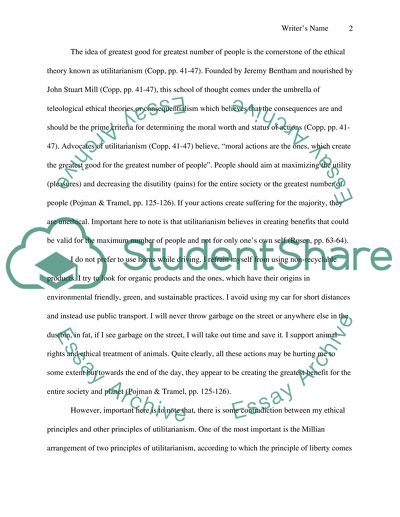Cite this document
(“My Personal Code of Ethics Research Paper Example | Topics and Well Written Essays - 2000 words”, n.d.)
Retrieved from https://studentshare.org/nursing/1423857-my-personal-code-of-ethics
Retrieved from https://studentshare.org/nursing/1423857-my-personal-code-of-ethics
(My Personal Code of Ethics Research Paper Example | Topics and Well Written Essays - 2000 Words)
https://studentshare.org/nursing/1423857-my-personal-code-of-ethics.
https://studentshare.org/nursing/1423857-my-personal-code-of-ethics.
“My Personal Code of Ethics Research Paper Example | Topics and Well Written Essays - 2000 Words”, n.d. https://studentshare.org/nursing/1423857-my-personal-code-of-ethics.


